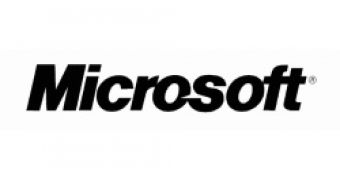Intelligent System are gaining impressive momentum, with over 2.6 billion units expected to be shipped by 2016, the latest reports on the matter unveil.
In fact, the segment has already experienced great expansion, with over 1.1 billion unit shipments today and a total value for this market estimated at $649 billion.
Microsoft is one of the companies determined to push the segment of intelligent systems forwards, and this is what the company discussed last week at the IDC’s annual SMART TECHnology World conference.
Windows Embedded General Manager Kevin Dallas was present on stage at the event and provided some insight on the impact of intelligent systems.
This emerging market has great potential, and the company’s Windows Embedded team has been focused over the past year on laying out a cohesive strategy for the industry.
“Through intelligent systems, we have an opportunity to consume and drive new value from machine-generated data,” Dallas said. “In today’s marketplace, the ability to efficiently gather and intelligently analyze data will be the single make-or-break element within every company’s IT infrastructure.”
Intelligent systems can prove of real help in a variety of companies in different industries out there, including retail, manufacturing, healthcare, finance, logistics and more.
“Data is the new currency,” Dallas said. “The information has always been there, but it was either out of sight or well out of reach. What has changed is our ability to find it, to process it and understand it.”
Companies are already seeing the great benefits that the adoption of intelligent systems can offer. Kentucky Fried Chicken, Hillcrest Medical and Ford Motor Co are some of the Microsoft partners who claim increased efficiency and savings through the adoption of these systems.
“These leaders represent the cutting edge for top businesses within industries where the embedded market has typically been strong — namely retail and medical, and also our next big industry, auto,” Dallas said.
“These are industries where the focus has changed from solitary, standalone devices to interconnected intelligent systems.”
According to Dallas, the market is still in its infancy, and there are a lot of things to do to expand the functionality that these intelligent systems have to offer.
For example, the company is working on packing Kinect features into Windows Embedded products, while also investing in back-end infrastructure capable of processing data coming from connected devices.
“What’s required now is a new way of thinking about the impact intelligent systems can have on your business,” Dallas said. “There is a very real question that companies have to ask themselves — and that is, ‘What forward-looking, strategic steps am I taking to really differentiate myself right now?’”

 14 DAY TRIAL //
14 DAY TRIAL //